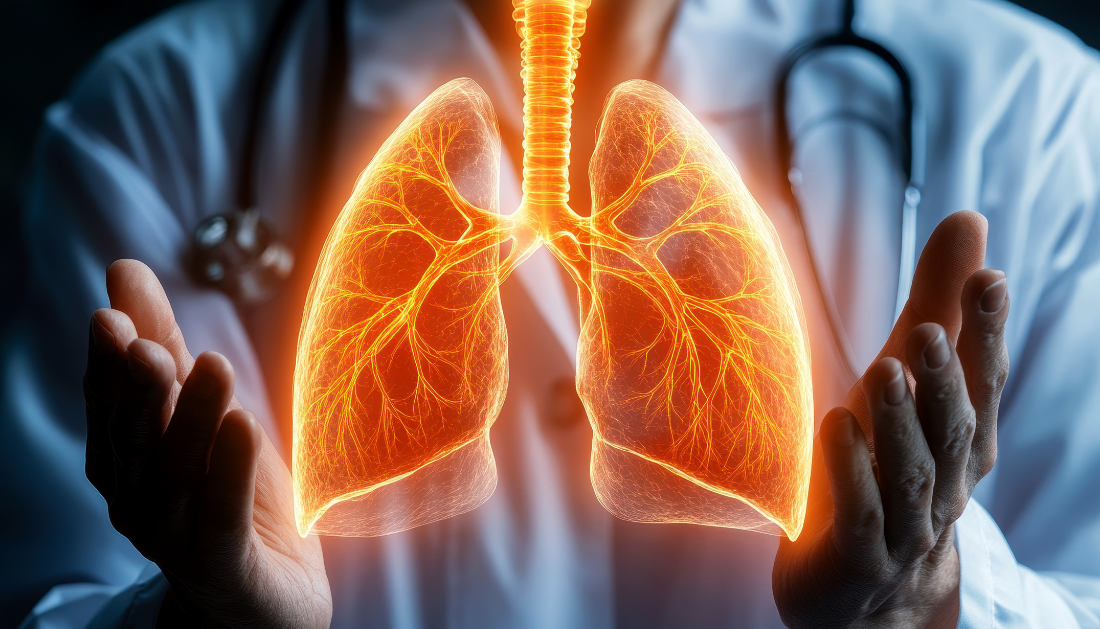

According to a new analysis by researchers at the Johns Hopkins Kimmel Cancer Center, patients with operable non-small cell lung tumors may fare better over the following few years if they receive immunotherapy treatments both before and after surgery rather than just before.
Researchers compared the health outcomes of 139 participants in the CheckMate 77T trial, in which patients received up to four cycles of nivolumab plus chemotherapy before surgery and up to 13 cycles of nivolumab after surgery, with those of 147 participants in the CheckMate 816 study, in which patients received three cycles of the immunotherapy nivolumab plus chemotherapy before surgery (neoadjuvant). After surgery, they kept an eye on the patients for up to four years.
Patients who received at least one dose of nivolumab after immunotherapy/chemotherapy and surgery had a 40% lower risk of mortality or disease recurrence following surgery. Whatever the initial cancer stage of the patients, a comparable effect was observed. Less than 1% tumor expression of the protein PD-L1, which permits cells to evade an immune system attack, was associated with a higher reduction in disease recurrence and death as compared to individuals with 1% or higher expression. Patients who did not experience a full pathological response—that is, the absence of cancer cells—after pre-surgical treatment and surgery were found to benefit from immunotherapy both before and after surgery.
On September 8, a Sunday, these findings were presented at the 2024 World Conference on Lung Cancer held in San Diego by the IASLC (International Association for the Study of Lung Cancer).
“There’s been a big migration in lung cancer and in melanoma treatment in the last few years from doing surgery upfront and giving postoperative immunotherapy, to giving immunotherapy prior to surgery,” explains Patrick Forde, M.B.B.Ch., an adjunct professor of oncology at the Johns Hopkins University School of Medicine. “But our analysis in individual patients in these two trials suggests that there is likely a further benefit from receiving additional immunotherapy treatment after surgery.”
Source Link: The Johns Hopkins University
more recommended stories
 Red Blood Cells Improve Glucose Tolerance Under Hypoxia
Red Blood Cells Improve Glucose Tolerance Under HypoxiaKey Takeaways for Clinicians Chronic hypoxia.
 Nanoplastics in Brain Tissue and Neurological Risk
Nanoplastics in Brain Tissue and Neurological RiskKey Takeaways for HCPs Nanoplastics are.
 AI Predicts Chronic GVHD Risk After Stem Cell Transplant
AI Predicts Chronic GVHD Risk After Stem Cell TransplantKey Takeaways A new AI-driven tool,.
 Red Meat Consumption Linked to Higher Diabetes Odds
Red Meat Consumption Linked to Higher Diabetes OddsKey Takeaways Higher intake of total,.
 Pediatric Crohn’s Disease Microbial Signature Identified
Pediatric Crohn’s Disease Microbial Signature IdentifiedKey Points at a Glance NYU.
 Nanovaccine Design Boosts Immune Attack on HPV Tumors
Nanovaccine Design Boosts Immune Attack on HPV TumorsKey Highlights Reconfiguring peptide orientation significantly.
 High-Fat Diets Cause Damage to Metabolic Health
High-Fat Diets Cause Damage to Metabolic HealthKey Points Takeaways High-fat and ketogenic.
 Acute Ischemic Stroke: New Evidence for Neuroprotection
Acute Ischemic Stroke: New Evidence for NeuroprotectionKey Highlights A Phase III clinical.
 Statins Rarely Cause Side Effects, Large Trials Show
Statins Rarely Cause Side Effects, Large Trials ShowKey Points at a Glance Large.
 Anxiety Reduction and Emotional Support on Social Media
Anxiety Reduction and Emotional Support on Social MediaKey Summary Anxiety commonly begins in.

Leave a Comment